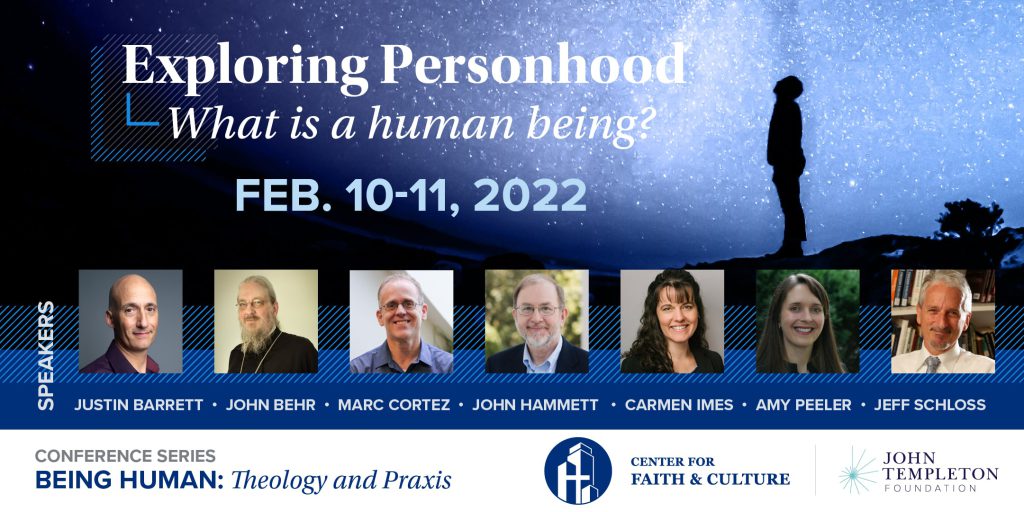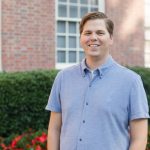From a Bang to a Behr
The conference began with a bang as Dr. Carmen Imes of Biola University lectured on “The Rise and Fall of the Imago Dei?” In addition to bringing an Old Testament perspective to the question of personhood, Dr. Imes summarized key perspectives on the topic, drew observations, and applied those observations to evangelical and Southern Baptist culture. “Apply,” though, is too gentle of a word. “Prophesy” may be more apt. Dr. Imes’ words were challenging but necessary. A friend is one who sees our blind spots and is willing to tell us about them, and Dr. Imes served us by doing so.
The room was abuzz after Dr. Imes’ talk. And it was clear: This would not be your typical academic conference.
Dr. Amy Peeler of Wheaton College next offered a New Testament perspective on personhood with her lecture “The First and Second Adam and Eve: Gender and Representative Humanity.” She examined the early chapters of Genesis from the Apostle Paul’s perspective, explaining why Paul’s discussions of the Fall usually only refer to either Adam or Eve. In the end, I was stirred to worship as she explained why Mary really does matter, and why Jesus Christ had to be man.
Next, the conference pivoted to hear scientists’ perspectives on the question of personhood. Dr. Jeff Schloss of Westmont College spoke about “Spectacular Outliers?: Bioscience, Human Exceptionalism, and the Telos of Love.” While Dr. Schloss and I would disagree about his affirmation of evolution, I was intrigued by his summary of all the ways humans are scientifically unique in the natural world. “No question; humans are extraordinary,” he explained. And what makes us most extraordinary — and most scientifically unique — is our capacity to love.
The next day, Dr. Justin Barrett of Blueprint 1543 continued the science focus with his lecture, “How to Build a Better Human.” Drawing from his experience in psychology, Dr. Barrett explained all the ways humans are unique — from walking on two feet, to the whites of our eyes, to how we invest in others, to the joint attention we form with infants. Again, scientifically, there’s something unique about human beings.
Fr John Behr of the University of Aberdeen pivoted the conference once more with his lecture, “God’s Project and Our Response.” In it, he argued that to be fully human is to follow Jesus to death — even in laying down our lives. Finally, Dr. John Hammett of Southeastern Seminary concluded the conference with gentle critiques and responses to each of the presenters, giving a decidedly “Southeastern” perspective on the topic of personhood.





No comments have been added.